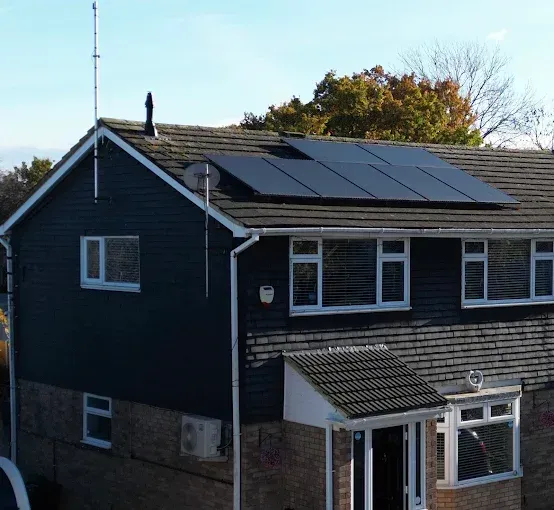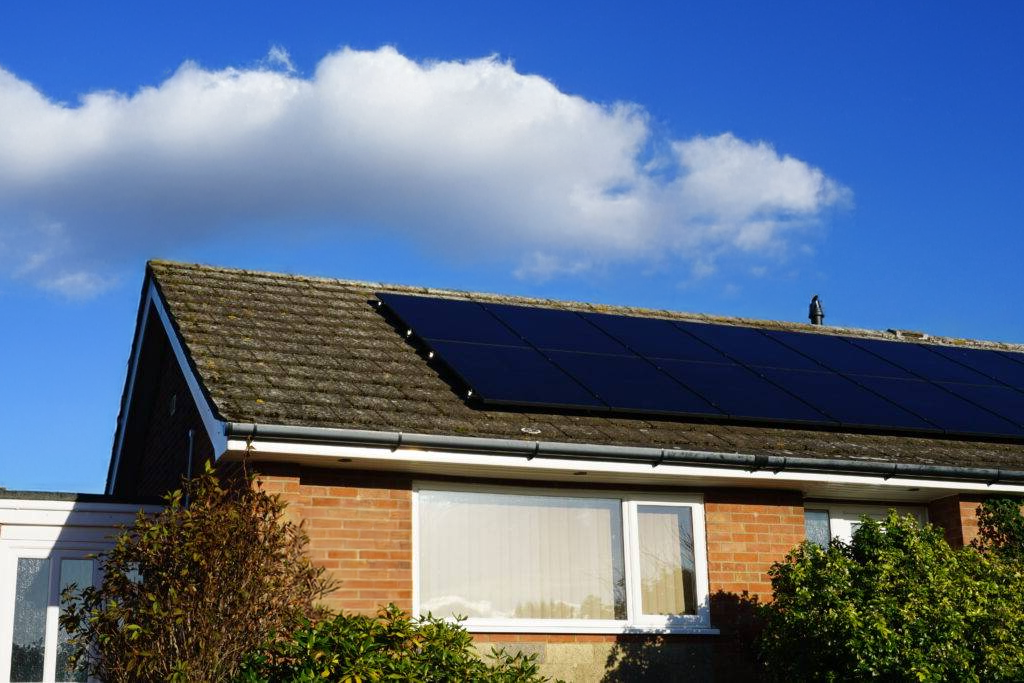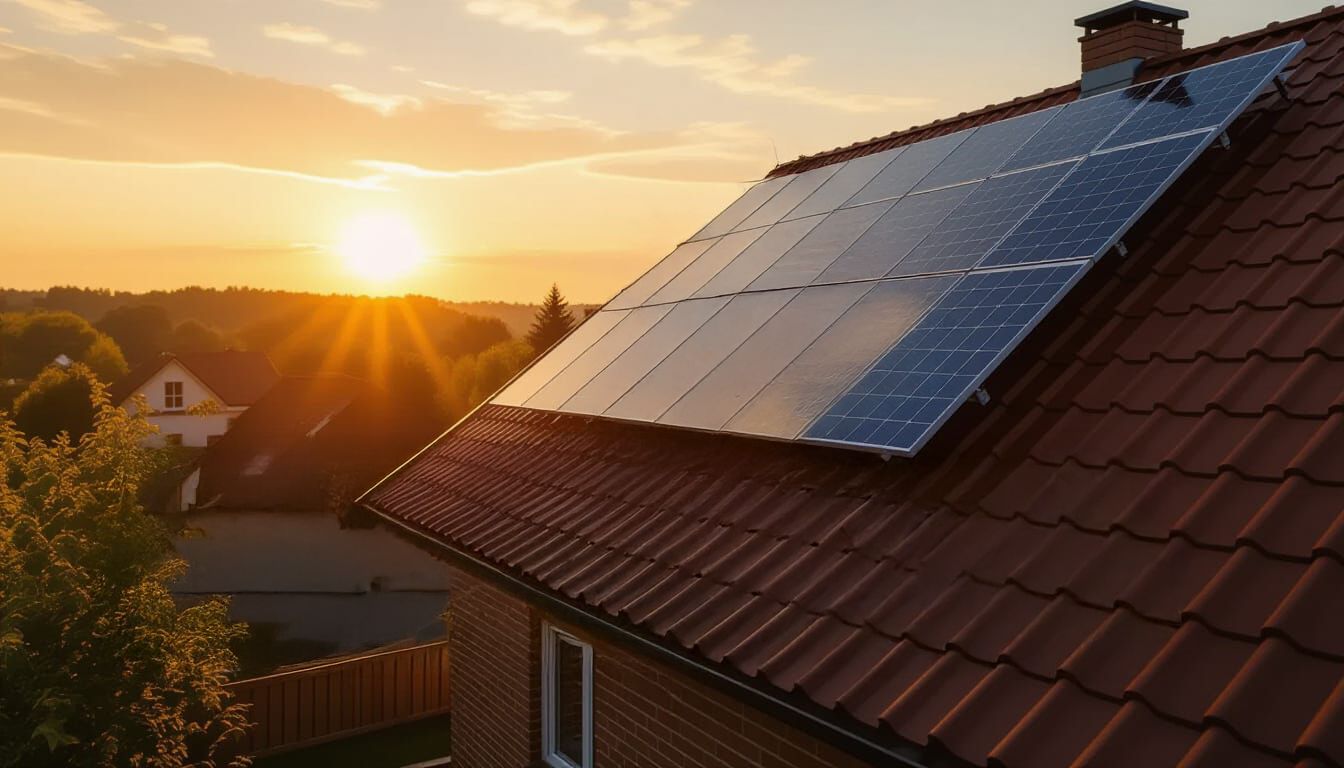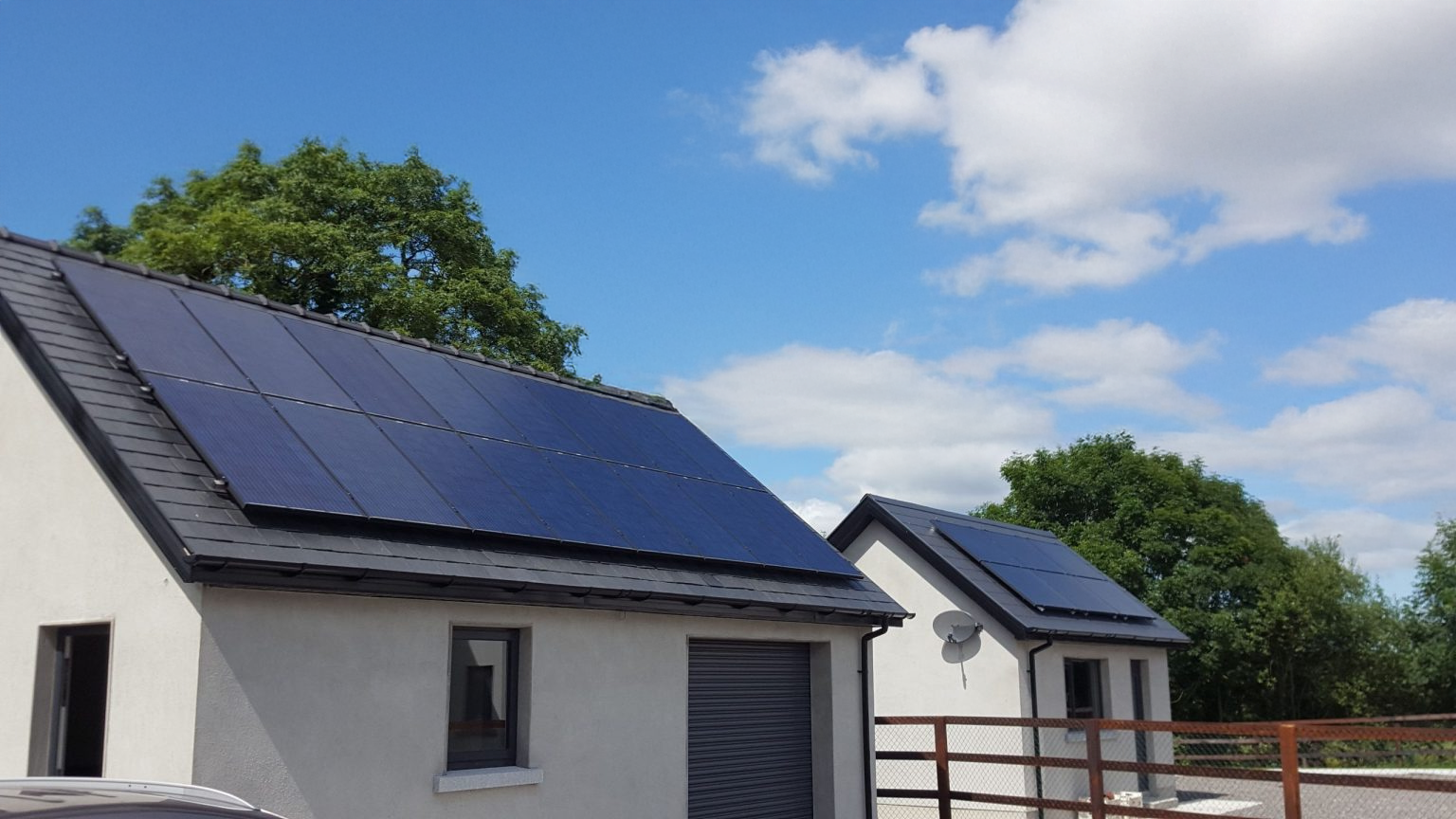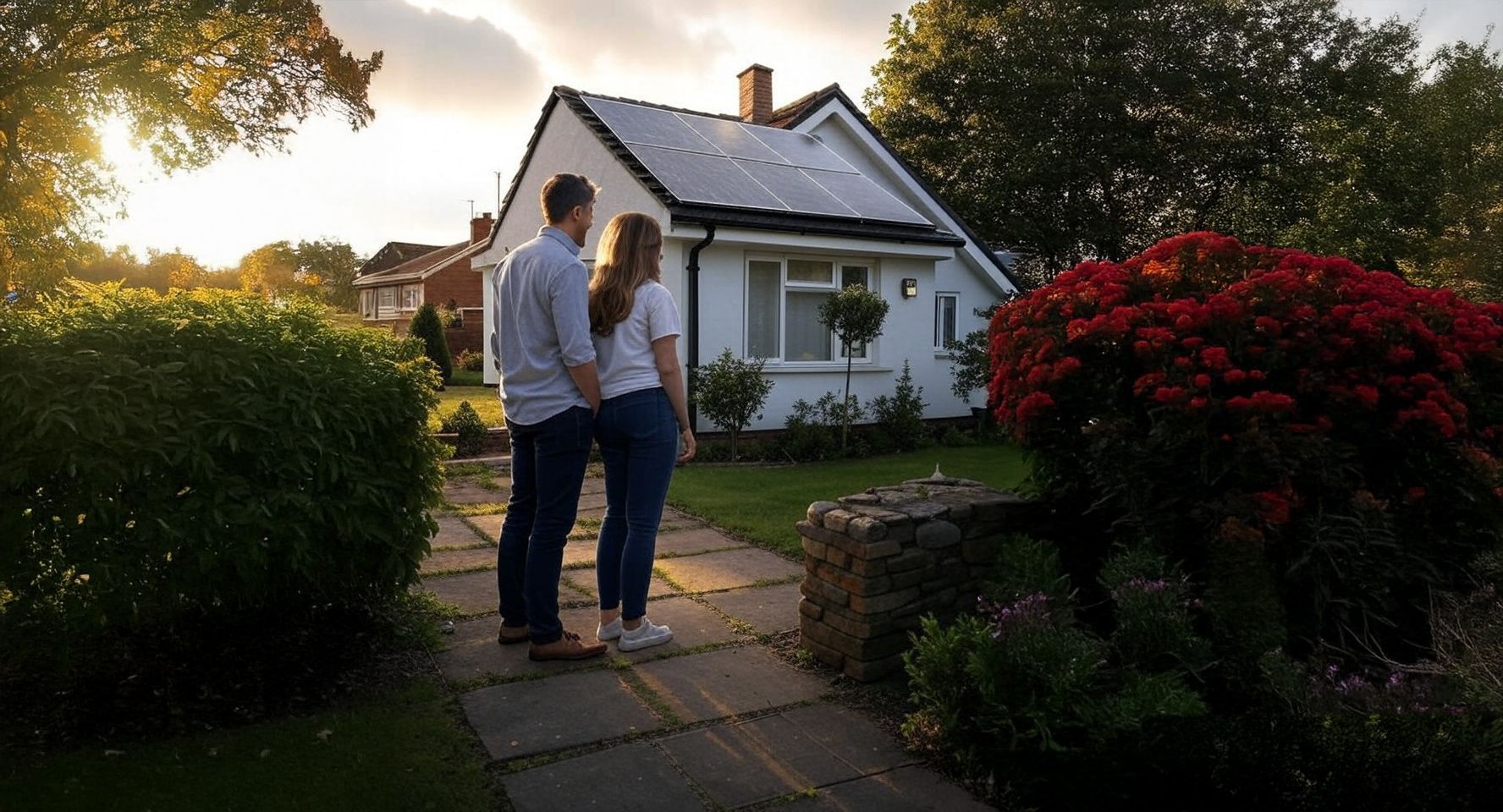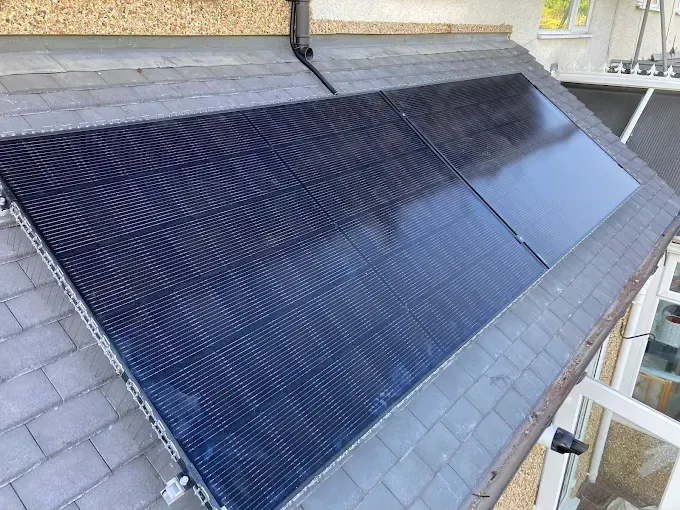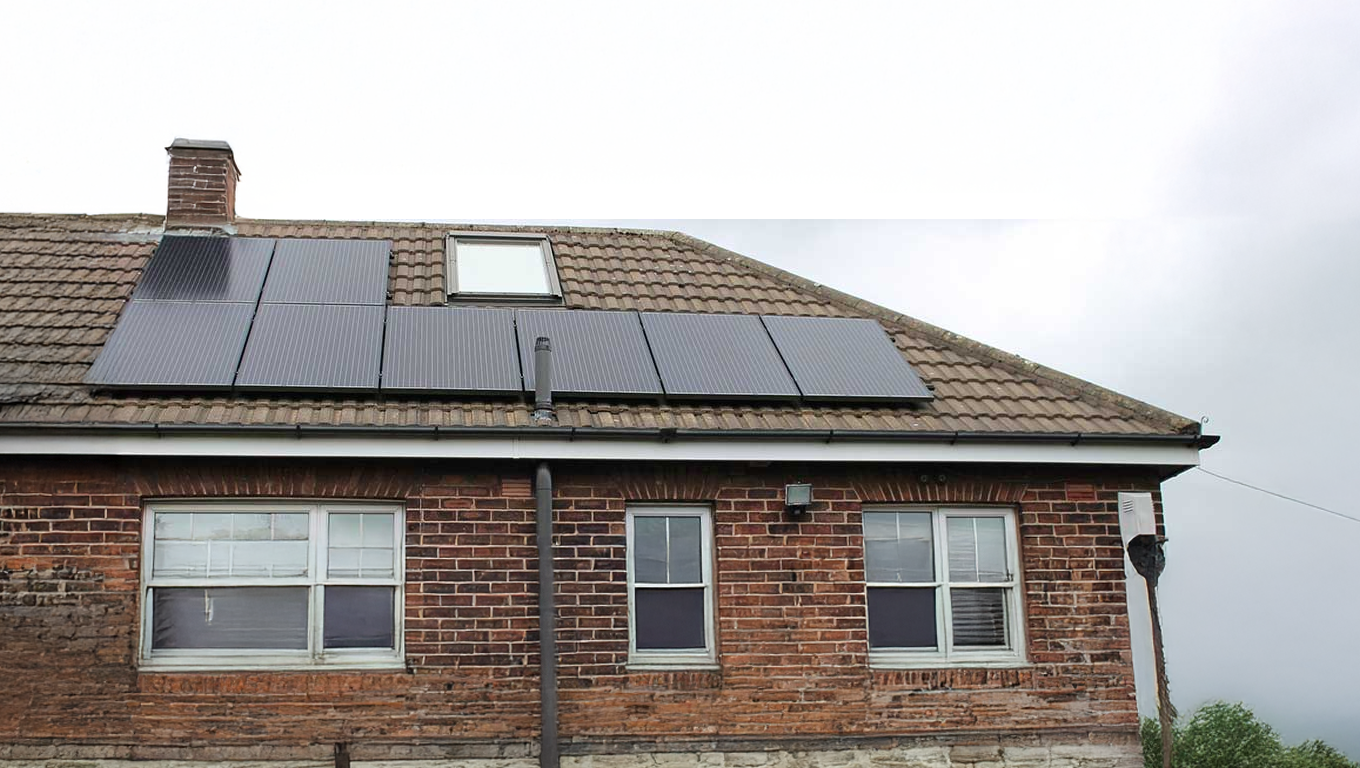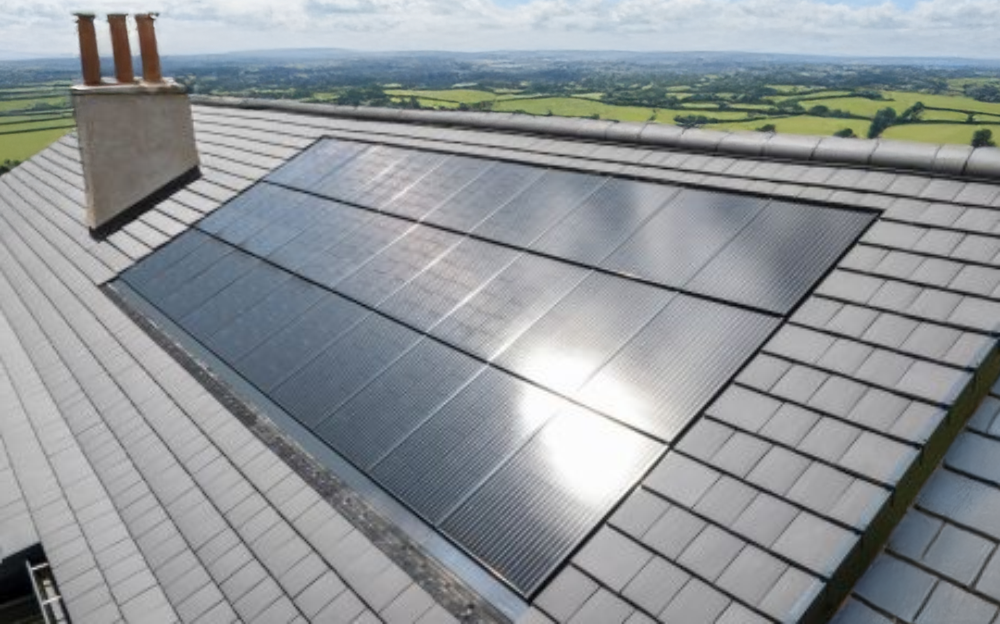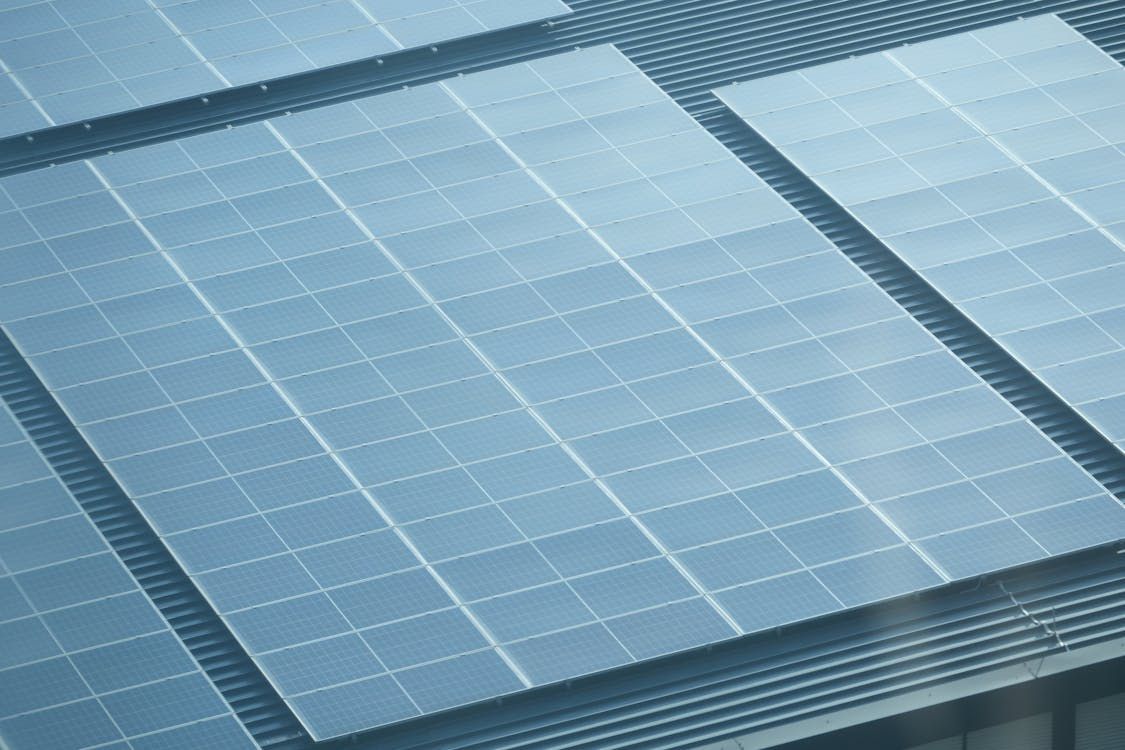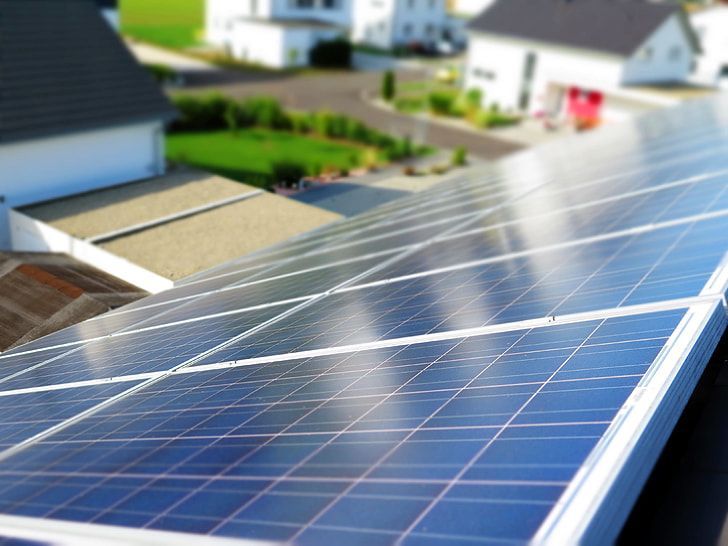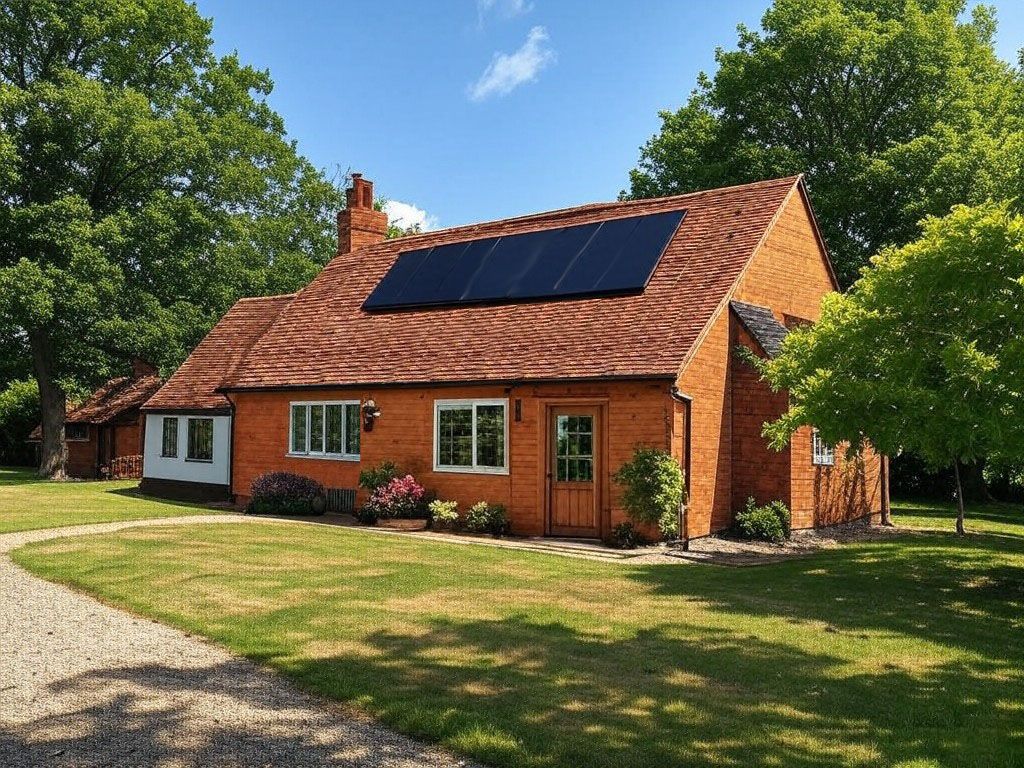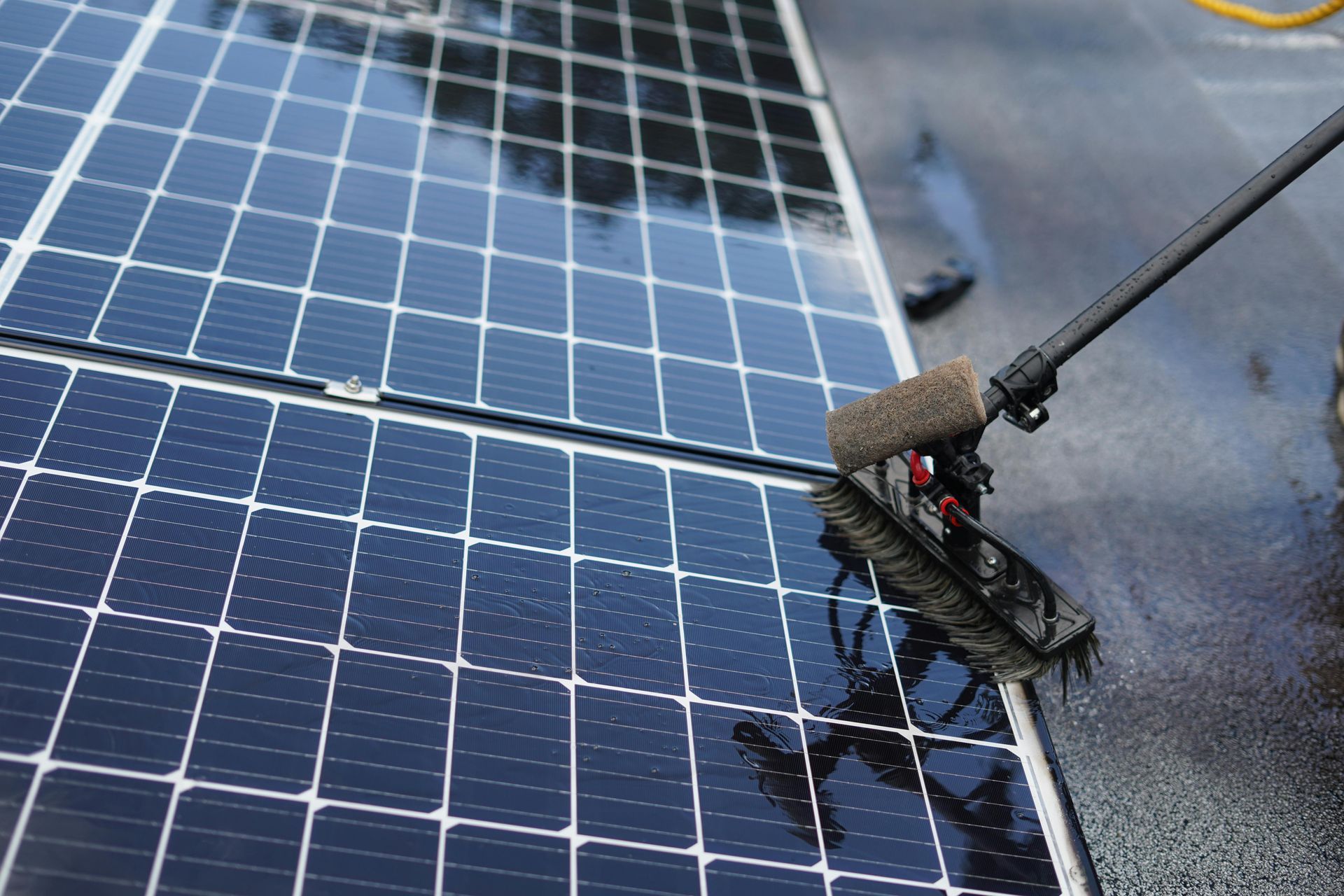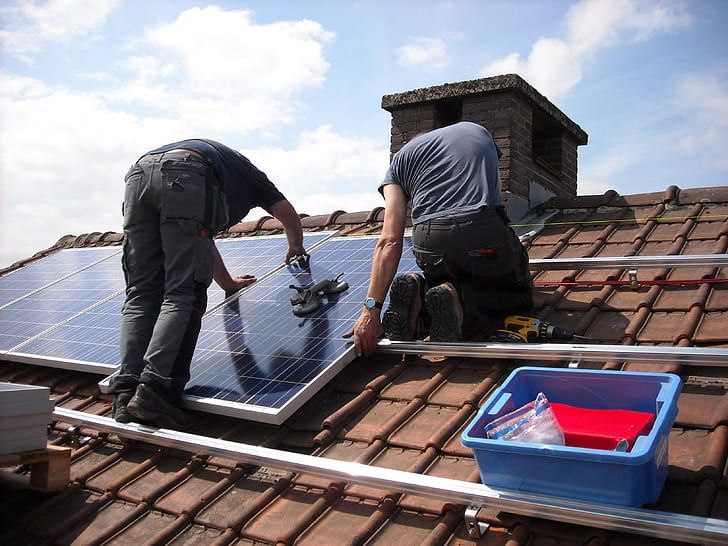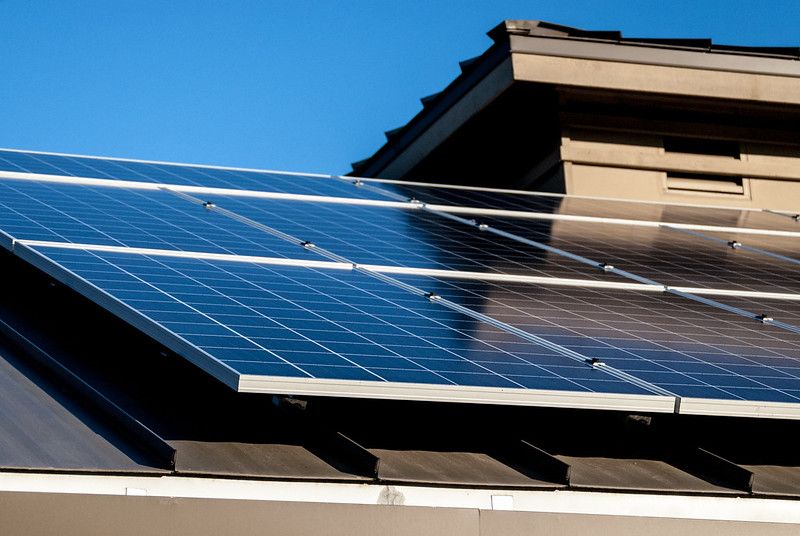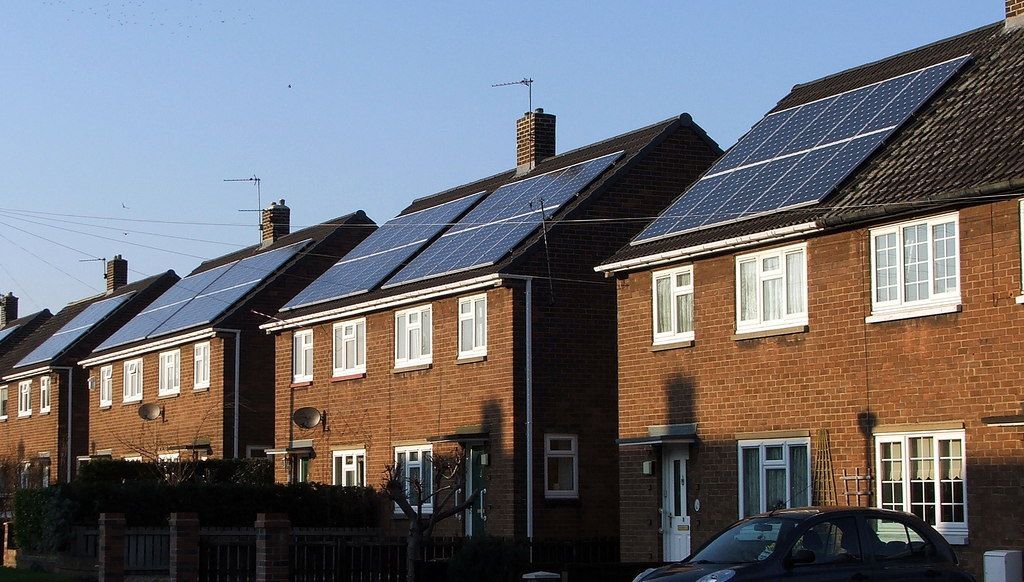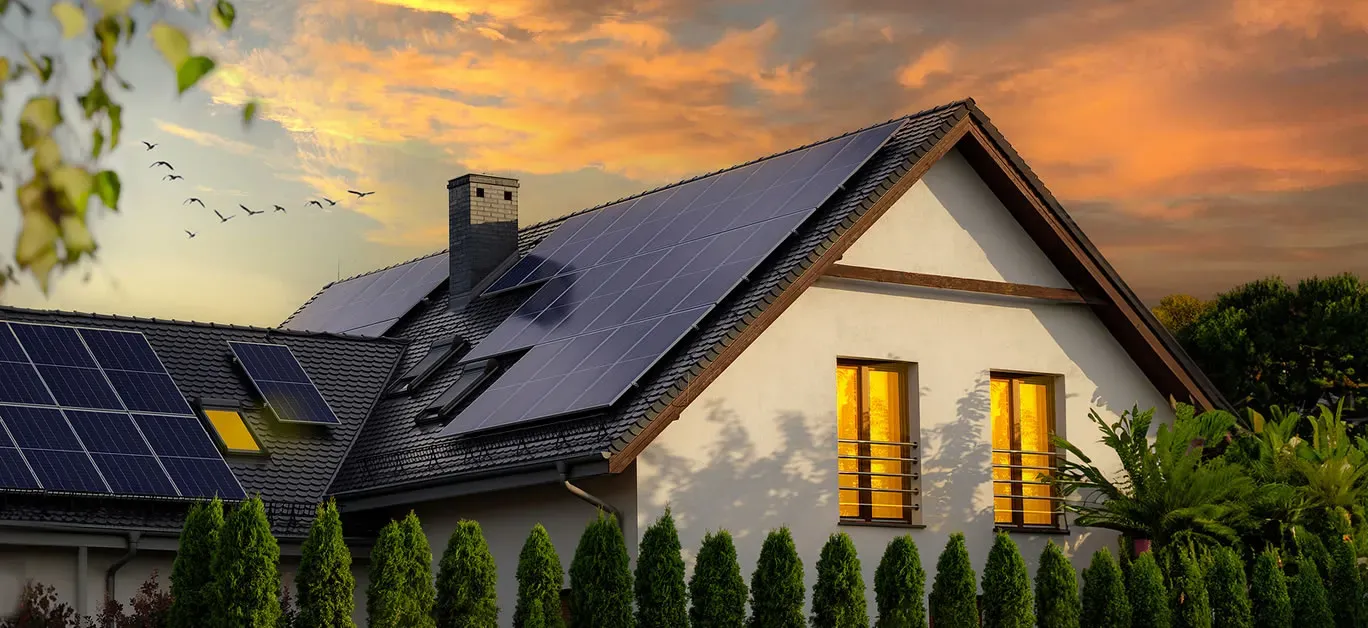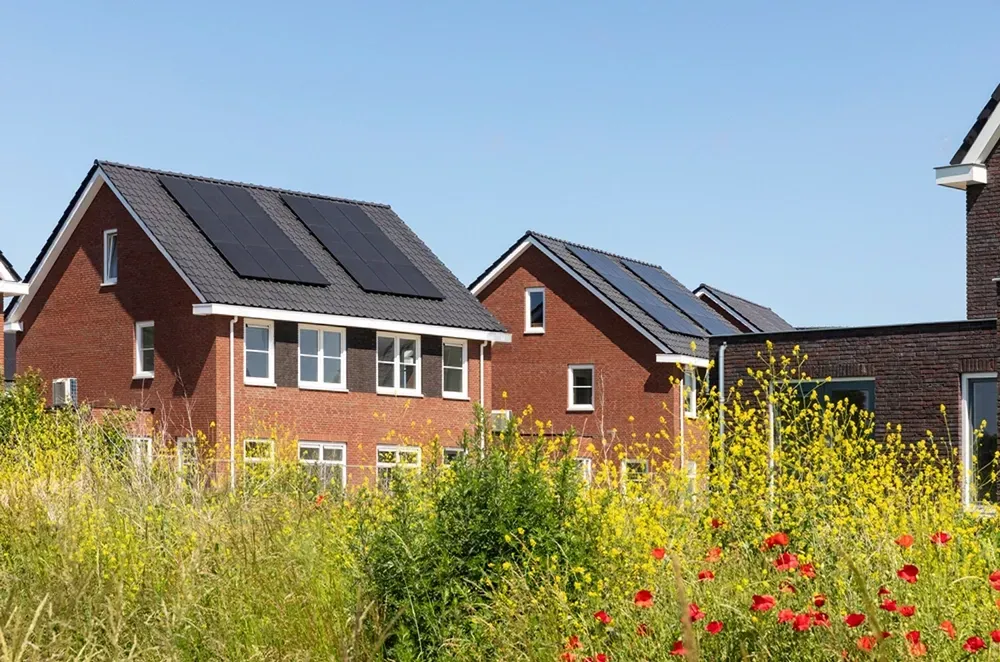How Much Electricity Do Solar Panels Produce? Solar Panel Output
Looking to Power Your Home with Solar Panels?
Transform your energy savings with high-quality solar panel installation! Enjoy lower bills, eco-friendly power, and reliable service tailored for your home. Start saving today!
Understanding how much electricity solar panels produce is crucial for anyone considering switching to solar. It allows you to estimate potential savings on your energy bills and determine the overall viability of a solar panel system for your home or business in Essex. The solar panel output depends on various factors, but understanding these can help you make an informed decision about the number of panels required. This article will delve into the factors that affect how much electricity a solar panel produces, offering a comprehensive overview for prospective solar adopters in the UK.
Overview of Solar Panels
What are Solar Panels?
Solar panels, also known as solar PV, are devices that convert sunlight into electricity. They are a key component of a solar system, offering a sustainable and renewable energy source. These panels are typically installed on rooftops or in open areas to maximise exposure to solar energy. The electricity production from these panels can significantly reduce reliance on traditional energy sources and lower energy bills. Solar panels are an investment in a greener future and offer long-term financial benefits for homeowners and businesses alike in the UK.
How Solar Panels Work
Solar panels work through the photovoltaic effect, where photons from sunlight strike the solar panel’s surface and excite electrons in the silicon material. This process generates a flow of electricity. The amount of electricity produced depends on the intensity of the sunlight and the panel efficiency.
The direct current (DC) electricity generated is then converted into alternating current (AC) electricity by an inverter, which can then be used to power homes and businesses. If the solar panel system generates more electricity than is needed, the excess energy can be stored in solar batteries or fed back into the national grid. This process ensures that solar panels can provide a reliable and consistent source of renewable energy.
Types of Solar Panels
There are several types of solar panels available, each with varying panel efficiency and panel wattage. The type of solar panel you choose will influence how much electricity a solar panel produces and the overall performance of your solar pv system. Understanding the different types of solar panels is essential for making the best investment in solar power for your property.
| Panel Type | Characteristics |
|---|---|
| Monocrystalline | Known for their high efficiency and sleek appearance, the best solar panels are designed to meet various energy needs. |
| Polycrystalline | A more cost-effective solution, although slightly less efficient. |
| Thin-film | Flexible and lightweight, but generally have lower panel efficiency. |
Solar Panel Output Explained
What Determines Solar Panel Output?
The solar panel output is determined by the intensity of solar energy received and the panel efficiency. The panel wattage, a key specification, indicates the maximum power output under ideal conditions. However, real-world performance is influenced by sunlight availability, temperature, and shading. A higher panel efficiency allows the solar panel to convert more sunlight into usable electricity. Therefore, when considering how much electricity a solar panel can generate, one must consider these interacting elements to accurately assess the potential energy production of the solar system.
How Much Electricity Do Solar Panels Produce?
Determining how much electricity solar panels produce involves a range of considerations. Typically, an average solar panel rated at 350W might generate around 1.4 kWh of electricity per day in optimal conditions in the UK.
This figure can vary based on the amount of sunlight, the tilt angle of the solar panels, and the overall efficiency of the solar panel system. Annually, a single solar panel might produce around 400-500 kWh of electricity, contributing to your total electricity per year.
A solar panel system's overall energy production depends on the number of solar panels and their combined panel wattage, affecting how much energy you can save on your electricity bill.
Factors Affecting Solar Panel Power Output
Several factors can affect solar panel power output. Shading and temperature can significantly reduce the solar panel’s electricity production. The angle and orientation of the solar panels relative to the sun’s path influence how much energy is captured.
Regular maintenance, such as cleaning the panels, ensures optimal panel efficiency. These variables impact the overall amount of electricity a solar panel produces and should be carefully considered when planning a solar pv system in the UK to maximise renewable energy generation and minimise energy consumption.
Electricity Production from Solar Panels
Average Solar Panel Output
The average solar panel output largely depends on its panel wattage and panel efficiency. Typically, a 350W solar panel can generate around 1.4 kWh of electricity per day under ideal conditions. However, the actual solar panel output can vary significantly based on factors such as sunlight availability and temperature.
In the UK, where sunlight hours fluctuate, the annual electricity production for a single solar panel typically ranges from 400 to 500 kWh. The amount of electricity a solar panel generates contributes to reducing energy bills and promoting renewable energy use. When assessing how much electricity a solar panel system will produce, it’s essential to consider these average figures alongside specific site conditions to determine the viability of switching to solar.
Calculating Energy Production
Calculating energy production from solar panels requires considering several key factors, including how much power they can generate. Firstly, determine the panel wattage of your chosen solar panels; this indicates the potential power output under standard test conditions. Then, estimate the number of sunlight hours your location receives annually. This can be done using solar irradiance maps specific to the UK.
Multiply the panel wattage by the sunlight hours and then adjust for any system losses due to temperature, shading, and inverter inefficiency. This will give you an estimate of how much energy your solar panel system will produce annually. Understanding this calculation helps homeowners understand how much energy a solar panel system generates and how to maximise their solar pv system’s efficiency.
Impact of Location on Solar Energy Production
The impact of location on solar energy production is substantial, particularly in a country like the UK, where sunlight hours vary significantly. Southern regions generally receive more sunlight than northern areas, leading to higher solar panel output.
The orientation and tilt of the solar panels should be optimised for the specific latitude to maximise sunlight capture. Even within Essex, microclimates can influence the amount of sunlight received. Proximity to buildings or trees that cause shading can also greatly affect energy production.
When assessing how much electricity a solar panel system will produce, a professional solar installer can assess these location-specific factors to ensure optimal panel efficiency and maximise your renewable energy generation and minimise energy consumption.
Maximising Solar Panel Efficiency
Optimising Your Solar Panel System
To optimise your solar panel system, several things can be done. These include:
- Ensuring correct angle and orientation.
- Regular cleaning to remove dust and debris.
Addressing any shading issues is also important. Monitor the solar panel system’s performance regularly to identify and address any issues promptly. Proper ventilation can also help to keep the solar panels cool, as high temperatures can reduce their efficiency.
By implementing these measures, you can ensure that your solar panels are generating electricity at their peak potential, reducing energy bills and maximising the return on your investment in renewable energy.
Maintenance Tips for Enhanced Output
Regular maintenance is crucial for ensuring enhanced solar panel output and prolonging the lifespan of your solar panels. One of the most straightforward tasks is cleaning the solar panels. Dust, pollen, and other debris can accumulate on the surface, reducing the solar panel’s ability to absorb sunlight and, consequently, the amount of electricity a solar panel produces.
It's also essential to periodically inspect the solar panel system for any signs of damage, such as cracks or loose wiring. Monitor the performance of your inverter, as it is a crucial component in converting the direct current (DC) electricity generated by the solar panels into alternating current (AC) electricity for use in your home.
If you notice a decrease in energy production, consult with a qualified solar installer to diagnose and address any potential issues. Keeping your solar pv system well-maintained will ensure it operates efficiently and effectively for years to come.
Understanding Solar PV Systems
Understanding the components of a solar PV system is essential to maximising its energy production. The solar panels themselves are the primary component, responsible for converting sunlight into electricity.
An inverter converts the DC electricity from the solar panels into AC electricity suitable for use in your home or business. Solar batteries can store excess energy for later use, providing backup power during outages or periods of low sunlight. Monitoring systems allow you to track the performance of your solar panel system and identify any potential issues.
Understanding how these components work together can help you optimise your solar panel output and ensure that your solar panel system is operating efficiently and effectively, providing you with renewable energy and reducing your reliance on traditional energy sources. Knowing this information can allow you to better evaluate how much electricity solar panels produce.
Conclusion
Future of Solar Energy
The future of solar energy is promising due to advancements in technology and increasing demand for renewable energy. Innovations such as improved panel efficiency and energy storage solutions are expected to make solar power even more accessible and affordable. As technology advances and solar power becomes more accessible, the number of solar panels in the UK increases.
Government incentives and policies that support solar energy adoption are also playing a crucial role in driving the growth of the solar industry. With continued investment and innovation, solar energy is poised to play a dominant role in the global energy mix, helping to reduce carbon emissions and create a more sustainable future.
People are now understanding how much energy a solar panel system generates and are more comfortable switching to solar.
Benefits of Investing in Solar Panels
Investing in solar panels offers a multitude of benefits for homeowners and businesses alike. The most significant benefits are savings on electricity bills, increased property value, and environmental sustainability.
By generating your own renewable energy, you can reduce your reliance on the grid and lower your monthly energy bills. Solar panels also increase the value of your property and provide a hedge against rising electricity prices.
Moreover, investing in solar panels demonstrates a commitment to environmental sustainability, reducing your carbon footprint and contributing to a cleaner, greener future. Government incentives, such as tax credits and rebates, can further reduce the upfront cost of installing a solar panel system. All these factors are increasingly convincing homeowners to switch to solar.
Final Thoughts on Solar Panel Output
In conclusion, understanding solar panel output is vital for anyone considering solar energy. Factors like panel efficiency, sunlight availability, and system maintenance play crucial roles in determining how much electricity a solar panel produces. While average figures provide a general guideline, it's important to consider specific site conditions and consult with a qualified solar installer for an accurate assessment.
With proper planning and maintenance, a solar panel system can provide significant savings on energy bills and contribute to a more sustainable future. As technology continues to advance, the amount of electricity solar panels will produce will increase. This makes renewable energy a great way to reduce energy consumption. The solar panel generates clean electricity and has become a solid investment.
Solar Simplicity
Clean, Green Energy Solutions!
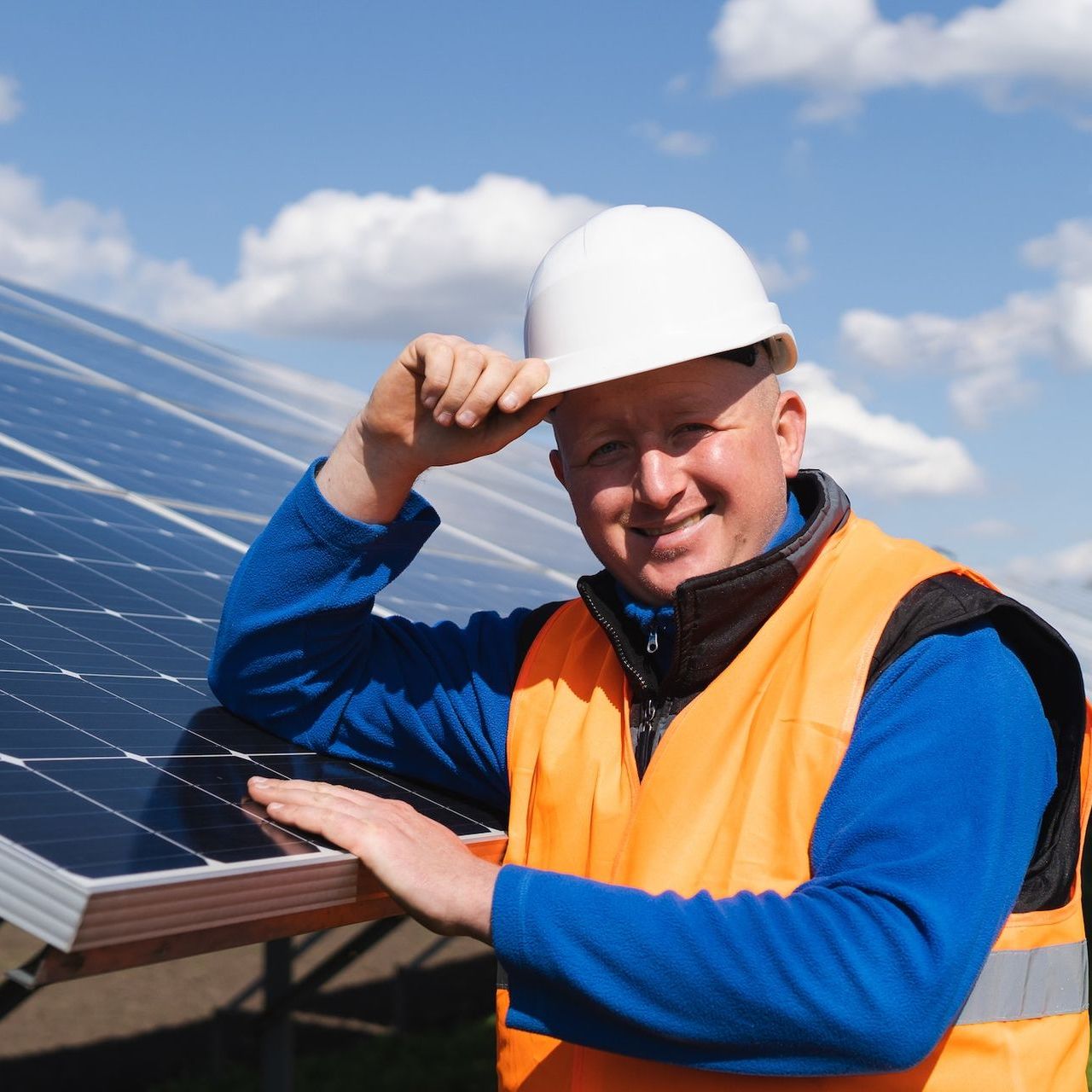
Professional solar panel installers in the UK, offering high-quality, affordable installations.
Save up to 90% on your electricity bills!
